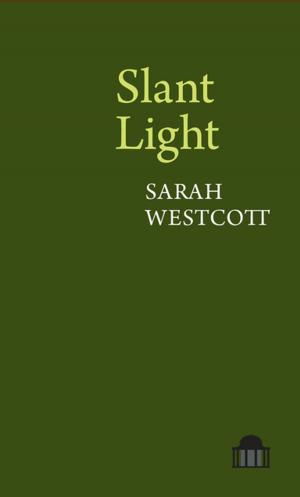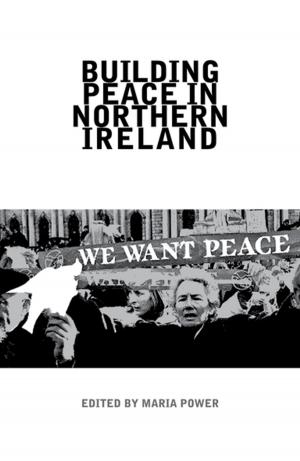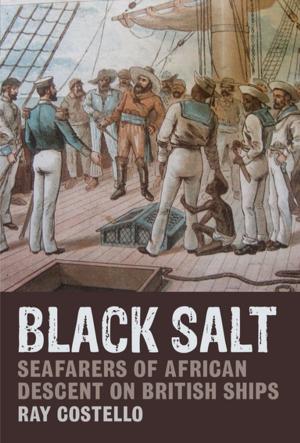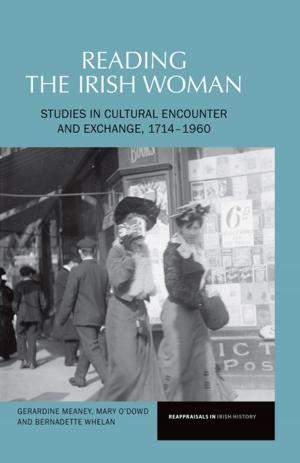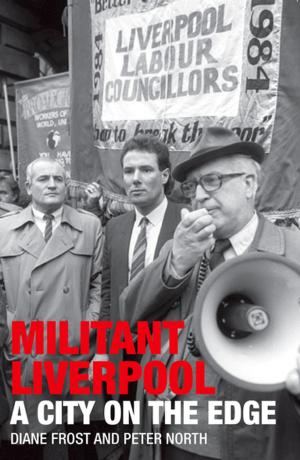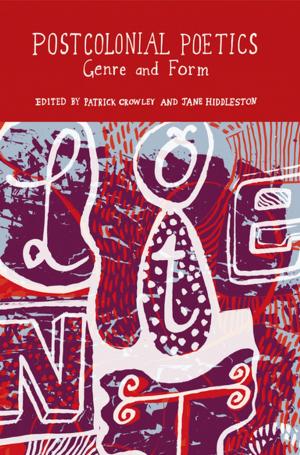Memory, Narrative and the Great War
Rifleman Patrick MacGill and the Construction of Wartime Experience
Nonfiction, History, Military, World War I| Author: | David Taylor | ISBN: | 9781781389331 |
| Publisher: | Liverpool University Press | Publication: | April 3, 2013 |
| Imprint: | Liverpool University Press | Language: | English |
| Author: | David Taylor |
| ISBN: | 9781781389331 |
| Publisher: | Liverpool University Press |
| Publication: | April 3, 2013 |
| Imprint: | Liverpool University Press |
| Language: | English |
Memory, Narrative and the Great War provides a detailed examination of the varied and complex war writings of a relatively marginal figure, Patrick MacGill, within a general framework of our current pre-occupation with blood, mud and suffering. In particular, it seeks to explain how his interpretation of war shifted from the heroic wartime autobiographical trilogy, with its emphasis on 'the romance of the rifleman' to the pessimistic and guilt-ridden interpretations in his post-war novel, Fear!, and play, Suspense. Through an exploration of the way in which war-time experiences were remembered (and re-remembered) and retold in strikingly different narratives, and using insights from cognitive psychology, it is argued that there is no contradiction between these two seemingly opposing views. Instead it is argued that, given the present orientation and problem-solving nature of both memory and narrative, the different interpretations are both 'true' in the sense that they throw light on the ongoing way in which MacGill came to terms with his experiences of war. This in turn has implications for broader interpretations of the Great War, which has increasingly be seen in terms of futile suffering, not least because of the eloquent testimony of ex-Great War soldiers, reflecting on their experiences many years after the event. Without suggesting that such testimony is invalid, it is argued that this is one view but not the only view of the war. Rather wartime memory and narrative is more akin to an ever-changing kaleidoscope, in which pieces of memory take on different (but equally valid) shapes as they are shaken with the passing of time.
Memory, Narrative and the Great War provides a detailed examination of the varied and complex war writings of a relatively marginal figure, Patrick MacGill, within a general framework of our current pre-occupation with blood, mud and suffering. In particular, it seeks to explain how his interpretation of war shifted from the heroic wartime autobiographical trilogy, with its emphasis on 'the romance of the rifleman' to the pessimistic and guilt-ridden interpretations in his post-war novel, Fear!, and play, Suspense. Through an exploration of the way in which war-time experiences were remembered (and re-remembered) and retold in strikingly different narratives, and using insights from cognitive psychology, it is argued that there is no contradiction between these two seemingly opposing views. Instead it is argued that, given the present orientation and problem-solving nature of both memory and narrative, the different interpretations are both 'true' in the sense that they throw light on the ongoing way in which MacGill came to terms with his experiences of war. This in turn has implications for broader interpretations of the Great War, which has increasingly be seen in terms of futile suffering, not least because of the eloquent testimony of ex-Great War soldiers, reflecting on their experiences many years after the event. Without suggesting that such testimony is invalid, it is argued that this is one view but not the only view of the war. Rather wartime memory and narrative is more akin to an ever-changing kaleidoscope, in which pieces of memory take on different (but equally valid) shapes as they are shaken with the passing of time.

